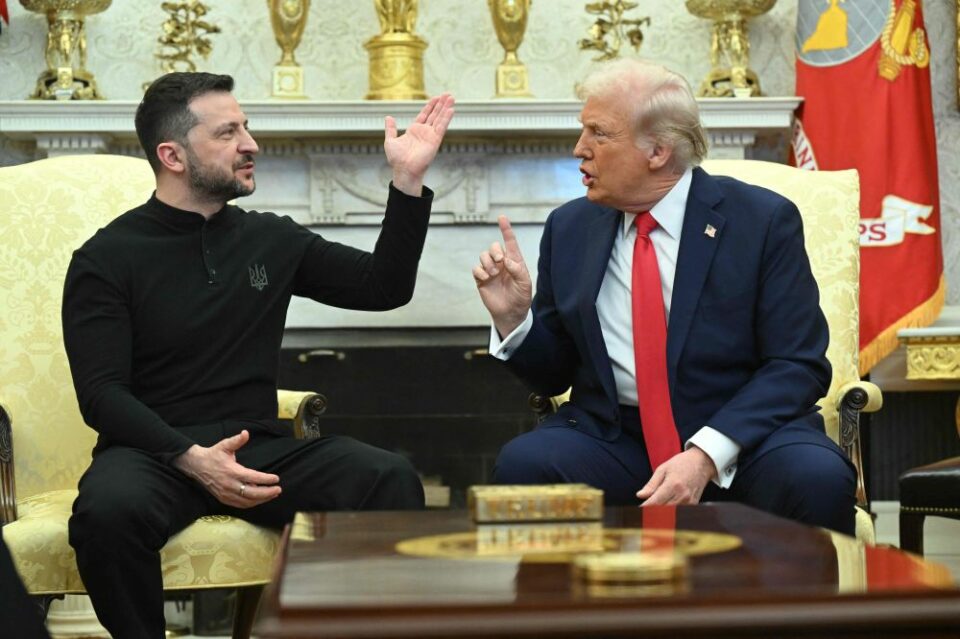

Since his return to power in January 2025, U.S. President Donald Trump has displayed a puzzling diplomatic stance, particularly on the issue of Ukraine. One day, he firmly declares an end to all military aid to Ukraine, citing “America First” and a refusal to “pay for foreign wars.” A few weeks later, he reverses course, authorizing not only the resumption of arms deliveries but also the deployment of advanced missile systems like the Patriots.
Simple strategy or sign of unstable decision-making?
Observers suggest several possible explanations:
• A negotiation tactic: Some experts believe Trump is acting deliberately. By blurring the lines, he may be testing the reactions of European allies and Russia in order to position himself as a central broker in the conflict.
• Internal pressures: Others argue that this back-and-forth isn’t entirely up to him. The U.S. Congress, the Pentagon, or powerful economic and military lobbies could be pressuring the president to walk back his initial stance.
• A president under control? In some circles, the question is now being asked more openly: Is Donald Trump truly making decisions on his own? Or has he become a head of state whose strings are being pulled behind the scenes by quieter but highly influential figures from interest groups to key players within his administration?
Should we consider a psychological explanation?
Some analysts, particularly political psychologists, don’t rule out another possibility: personal instability. Trump’s impulsive and erratic nature, well documented over the years, raises concerns about his ability to manage issues as sensitive as the war in Ukraine. Some even suggest without an official diagnosis, potential behavioral disorders, ranging from pathological narcissism to judgment impairments typical of certain psychiatric conditions.
A global concern fueled by uncertainty
Whether it’s a calculated strategy, external influence, or personal disorder, the result is the same: ongoing ambiguity regarding U.S. policy. In an increasingly volatile global landscape, where the balance of power is more fragile than ever, this presidential unpredictability is causing growing concern among both allies and adversaries of the United States.
The question remains: Is Donald Trump acting as a free man, a leader under influence, or a president overwhelmed by his own contradictions?
BAÏDJAN Ahmed , Correspondent, India




